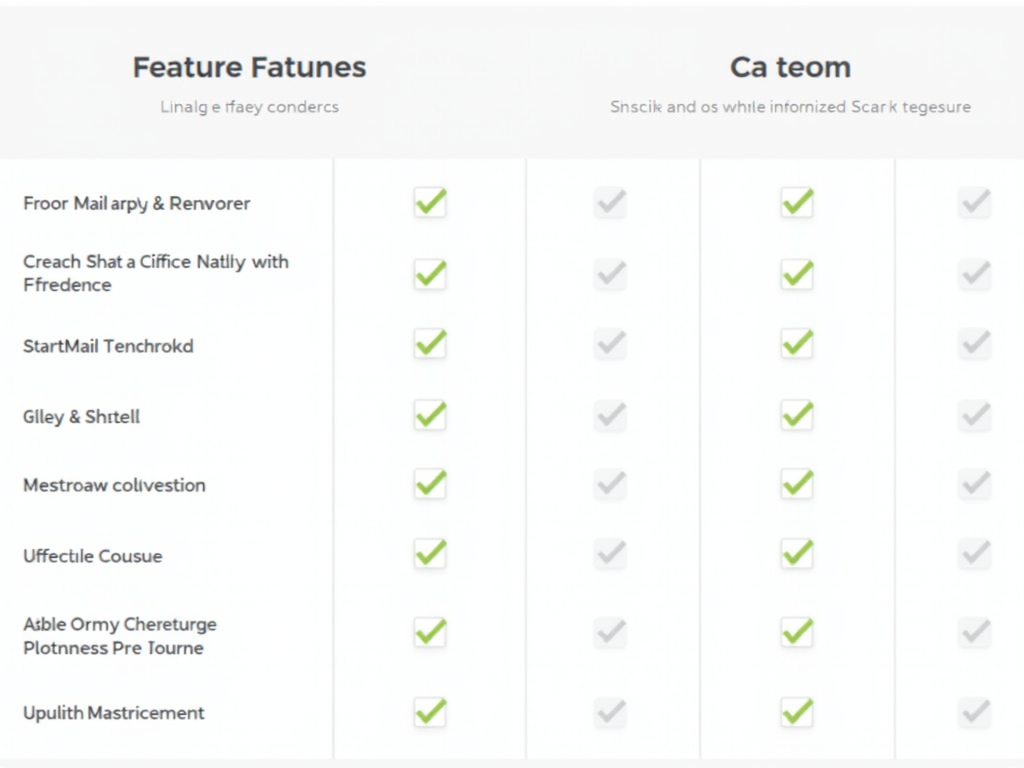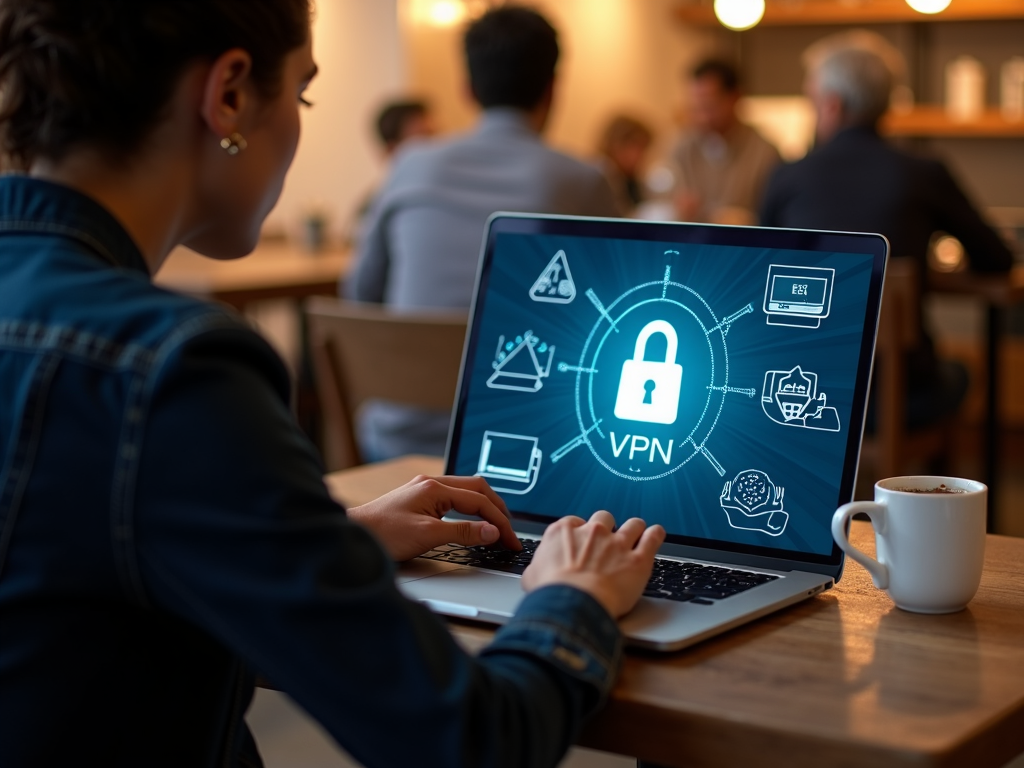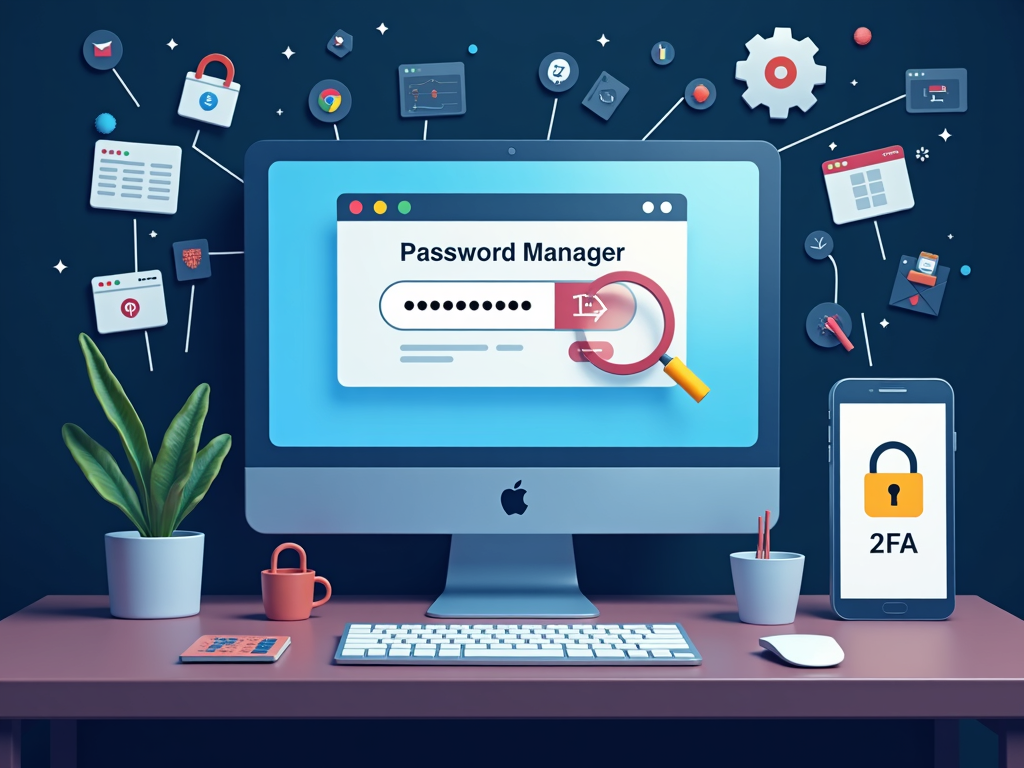A Guide to Secure Communication Tools
In today's digital age, where data breaches and privacy concerns are rampant, secure communication tools have become essential for protecting personal and professional information. Whether you're sending sensitive emails, chatting with friends, or browsing the web, using the right tools can safeguard your data from prying eyes. This guide will explore the best secure communication tools available, including encrypted email services, messaging apps, VPNs, and other privacy tools, to help you stay safe online.

Encrypted Email Services: StartMail vs ProtonMail
When it comes to secure email communication, two names often come up: StartMail and ProtonMail. Both services offer end-to-end encryption, ensuring that only the sender and recipient can read the emails. But which one is better? Let's dive into their features and see how they compare.
StartMail is a Dutch-based email service that focuses on privacy and security. It offers:
- End-to-end encryption for emails
- Anonymous email aliases to protect your identity
- No tracking or logging of user data
- Compatibility with other email services
I've used StartMail for a while, and I appreciate its straightforward interface and strong privacy policies. However, it lacks some of the advanced features that ProtonMail offers.
ProtonMail, on the other hand, is a Swiss-based service known for its robust security features. It provides:
- End-to-end encryption with zero-access encryption
- Self-destructing emails
- Two-factor authentication
- Open-source code for transparency
ProtonMail's user-friendly interface and additional features make it a popular choice. I've found it particularly useful for sending time-sensitive information, thanks to its self-destructing email feature.
In terms of security, both services are top-notch, but ProtonMail edges out StartMail with its additional features and open-source transparency. However, StartMail's anonymous aliases are a unique offering that might appeal to users who prioritize anonymity.

Secure Messaging Apps: Signal, Telegram, and WhatsApp
Messaging apps are another crucial aspect of secure communication. Let's look at three popular options: Signal, Telegram, and WhatsApp.
Signal is often hailed as the gold standard for secure messaging. It offers:
- End-to-end encryption for messages and calls
- Open-source code
- No data collection or ads
- Disappearing messages
I've used Signal for both personal and professional communication, and its commitment to privacy is unmatched. The app is simple to use, and I trust it for sensitive conversations.
Telegram is another popular messaging app that offers:
- End-to-end encryption for secret chats
- Cloud-based messaging for easy access across devices
- Large group chats and channels
- Bots and automation features
While Telegram is feature-rich, its default chats are not end-to-end encrypted, which is a significant drawback for privacy-conscious users. I use Telegram for casual conversations but switch to secret chats for sensitive information.
WhatsApp, owned by Meta, provides:
- End-to-end encryption for messages and calls
- Wide user base, making it easy to connect with others
- Integration with other Meta services
- Regular updates and new features
Despite its encryption, WhatsApp's association with Meta raises privacy concerns for some users. I use WhatsApp for its convenience but remain cautious about the data it collects.

VPNs: Your Shield for Online Privacy
Virtual Private Networks (VPNs) are essential for protecting your online privacy. They encrypt your internet connection, hiding your IP address and location from websites and potential eavesdroppers.
When choosing a VPN, look for:
- Strong encryption protocols (e.g., AES-256)
- No-logs policy
- Fast connection speeds
- Wide server network
- User-friendly interface
Some top VPN services include NordVPN, ExpressVPN, and Surfshark. I've used NordVPN for its robust security features and reliable performance. It's particularly useful when using public Wi-Fi networks, as it adds an extra layer of protection.

Other Online Privacy Tools
In addition to encrypted emails, messaging apps, and VPNs, there are several other tools that can enhance your online privacy:
- Secure Browsers: Browsers like Tor and Brave offer enhanced privacy features, such as blocking trackers and ads.
- Password Managers: Tools like LastPass and 1Password help you create and manage strong, unique passwords for all your accounts.
- Two-Factor Authentication (2FA): Enabling 2FA adds an extra layer of security to your accounts by requiring a second form of verification.
I've found that using a combination of these tools significantly improves my online security. For example, using a password manager ensures that I never reuse passwords, and enabling 2FA on critical accounts gives me peace of mind.

Summary
Secure communication tools are vital for protecting your data and privacy in the digital world. From encrypted email services like StartMail and ProtonMail to secure messaging apps like Signal, and VPNs for anonymous browsing, these tools offer various levels of protection. Additionally, using secure browsers, password managers, and enabling 2FA can further enhance your online security.
By incorporating these tools into your daily routine, you can take control of your online privacy and keep your personal information safe from cyber threats. Explore the recommended tools and start securing your communication today.